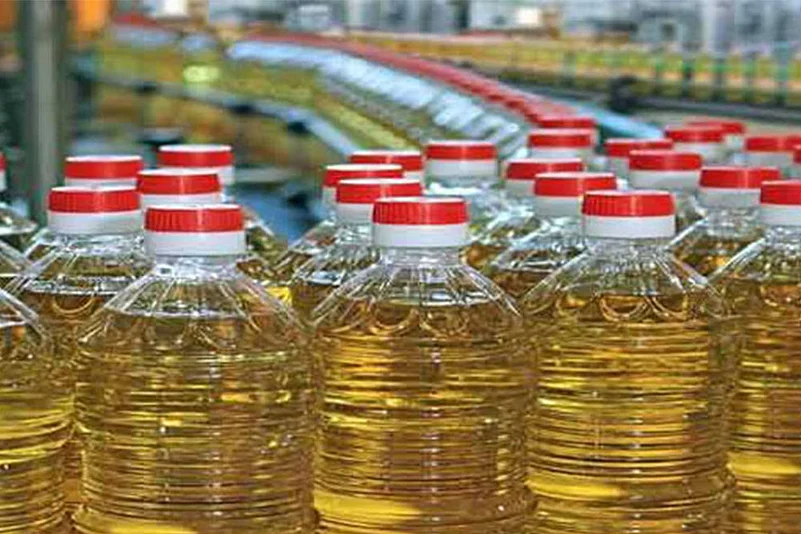If you love your pizzas and paranthas, if you nibble on biscuits whenever hungry, it’s time to wake up. They are likely to be dripping with the world’s worst dietary fat, trans fat.
On June 10, experts from the Harvard TH Chan School of Public Health have brought out a report (journal, Circulation), on how eliminating trans fat from the diet (along with excess salt) can prevent 94 million premature deaths from heart disease over the next 20 years.
This comes on top of the first World Health Organization (WHO) annual report on trans fat elimination in May: Over 64 per cent human lives across the world are at risk and half a million are lost every year, because the most harmful dietary fat in the world—trans fats—has entered deep into our food chain. The WHO has sent out a call for action to eliminate trans fats globally by 2023.
Advertisement
The good news is: country after country have started banning it. Denmark pioneered the trend in 2003. In 2018, Switzerland, Canada, Britain and the United States cracked down on trans fats, asking food manufacturers to remove them from all products. Thailand, Turkey and the European Union are implementing stringent regulations on trans fats. India is one of the 40 countries working actively to lower limits for industrially-produced trans fats. On June 5, Singapore has put a ban on it.
Trans fats (or trans fatty acids) are artificial fats manufactured industrially by adding hydrogen to liquid vegetable oils. Patented by a German chemist in 1903 it gained commercial success within a decade. Although scientists have been sending out an alert on the damages it can wreak on the heart and blood vessels, it was in the 1990s that the final proof emerged: that trans fats raise levels of low-density lipoprotein (LDL), or "bad" cholesterol in the blood, while lowering levels of high-density lipoprotein (HDL), or "good" cholesterol. That clumps the blood platelets and clogs the heart, leading to premature death.
Advertisement
Caught between the food industry and slow-moving governments, there’s pretty little one could do about it for long. Restaurants and hotels love them, street foods are laden with them, packaged and processed food companies cannot do without them. And that’s the problem: trans fats are inexpensive and when mixed with cooking oil, ghee- and butter-substitutes they make food last long on the shelves. Not just, they also make food tastier and crunchier. No wonder, more than 110 countries still have no regulations against this harmful compound. Can they be eliminated, globally? “The momentum is growing,” says WHO Director-General, Dr Tedros Adhanom Ghebreyesus.




















